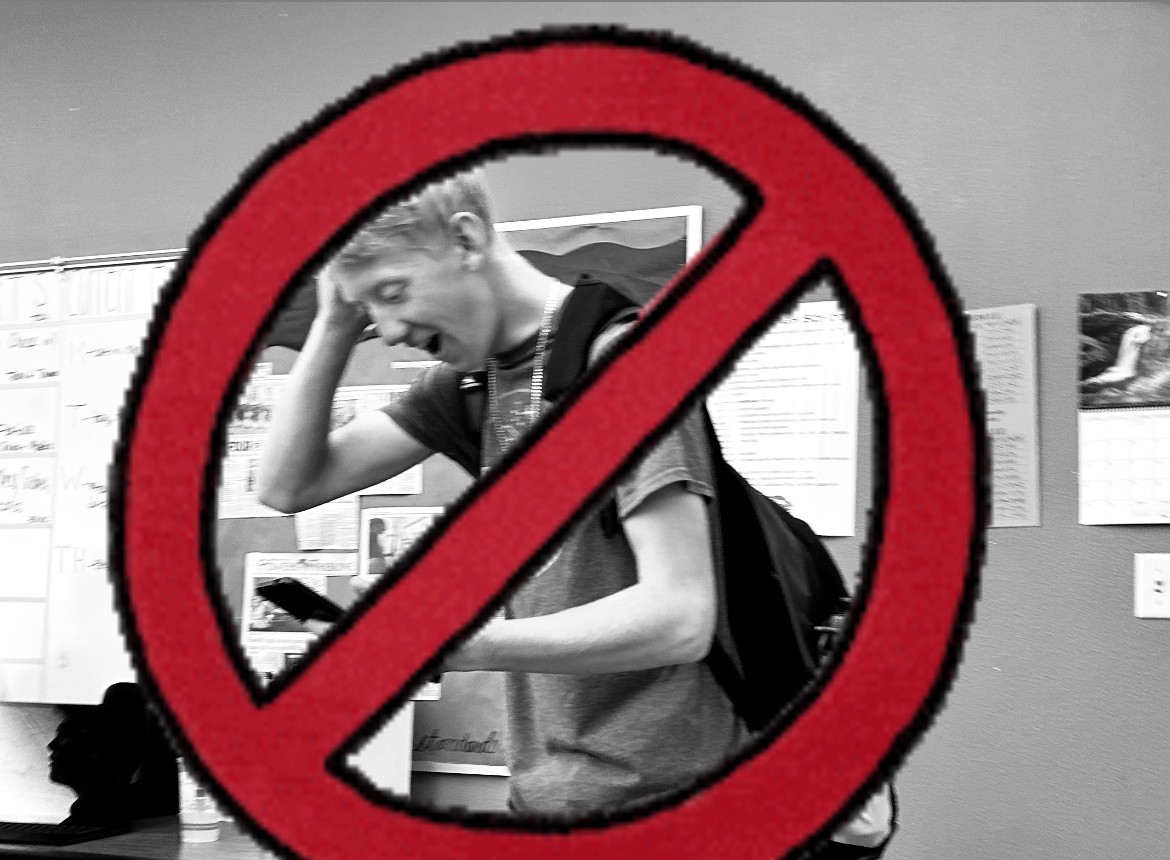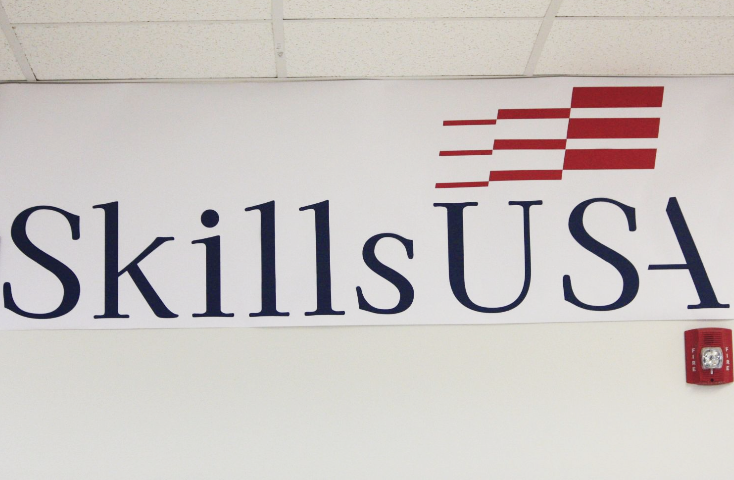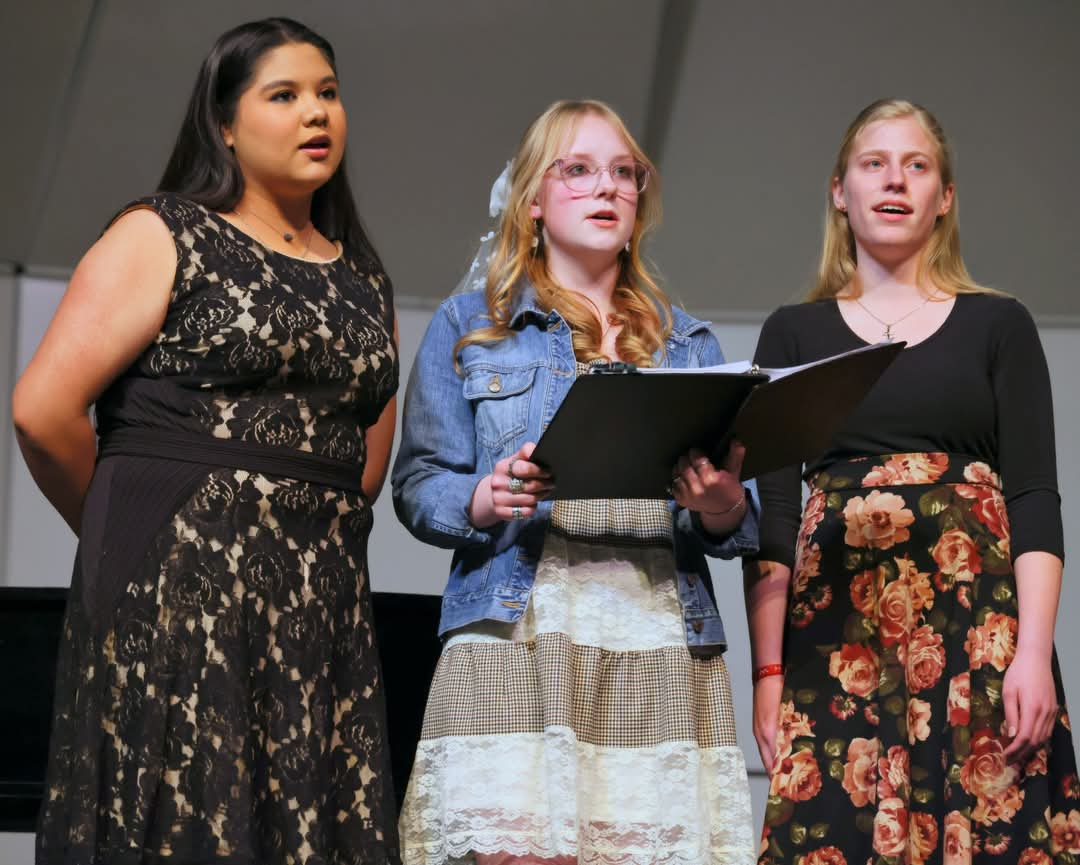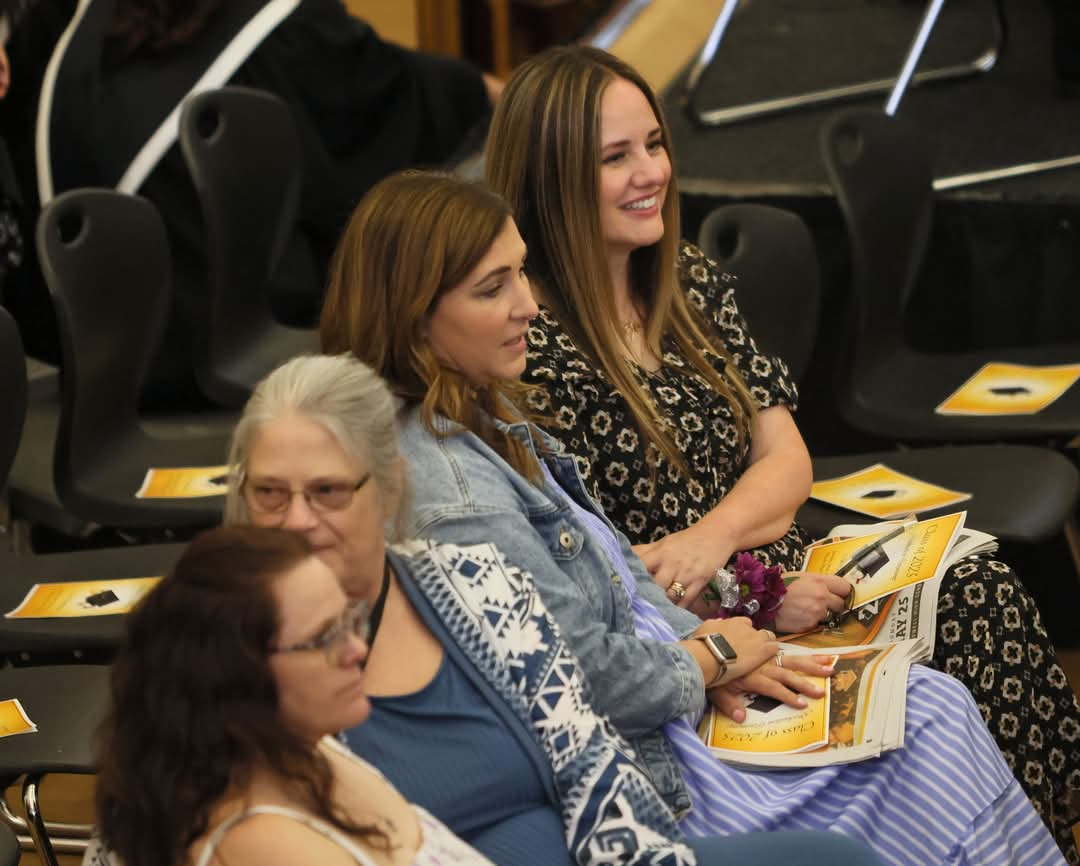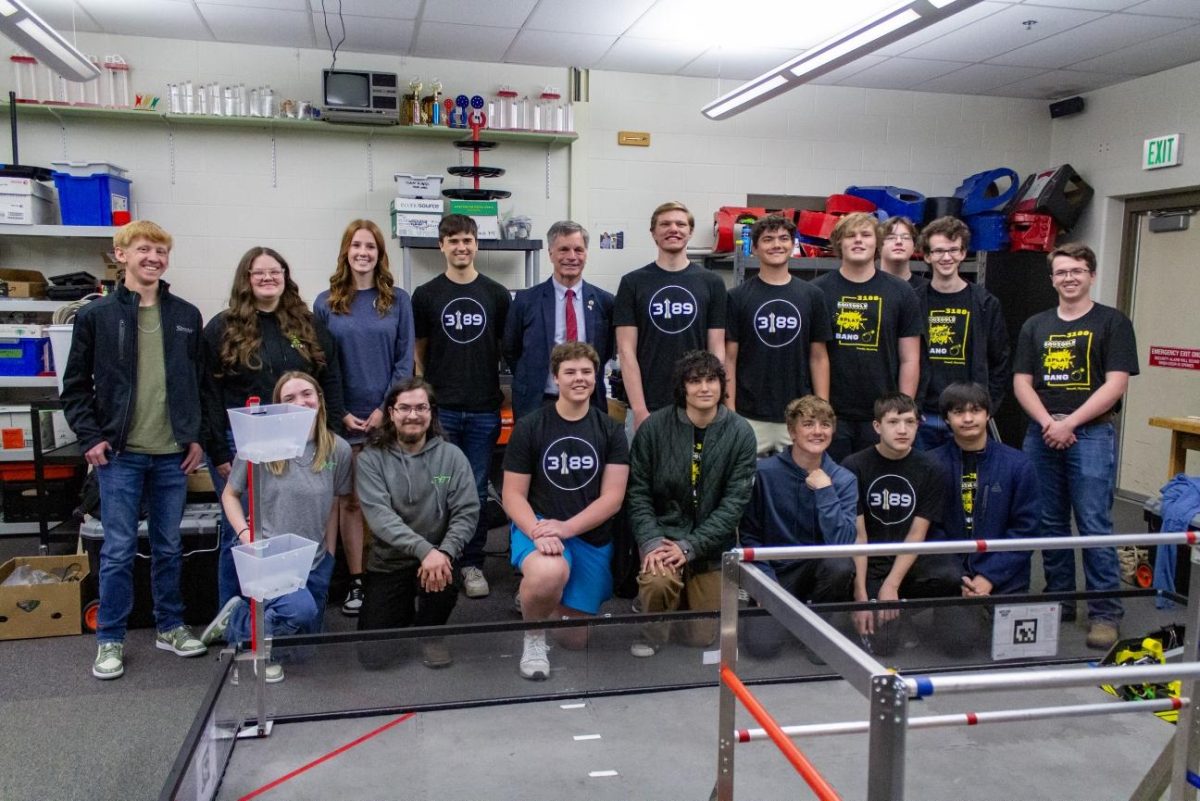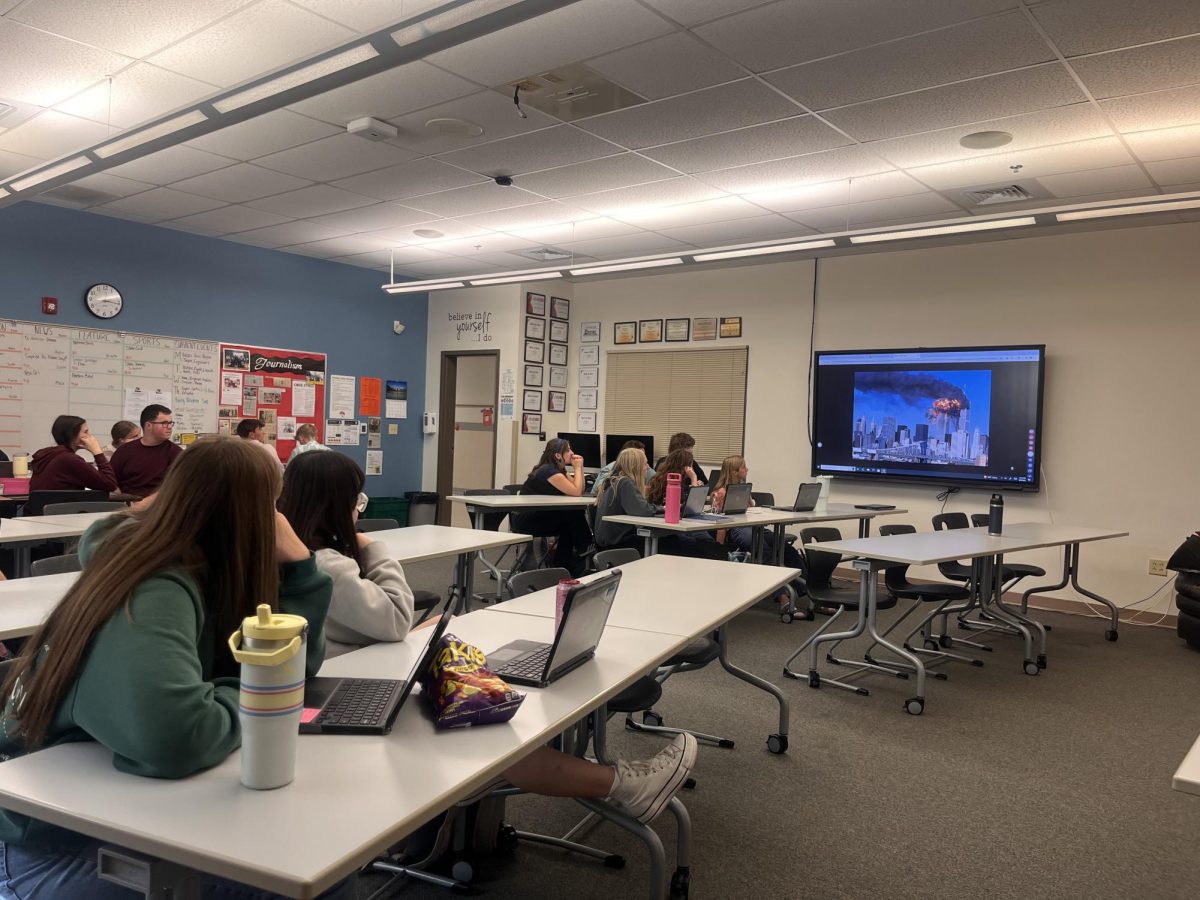On the start of August 26, 2024, students stepped into Powell High School for their first day of school, and a new regulation awaited them: Powell High School had gone cold turkey on students’ use of cell phones. From 7:30-3:30, the use of personal electronics by students, teachers, etc., is prohibited.
Due to the increasing evidence suggesting that extensive cell phone use can be harmful, the administration took action.
“The PHS administration has dealt with numerous incidents during the school day involving the use of cell phones,” Superintendent Mr. Jay Curtis said. “When polled, 90% of ‘high school [HS]’ staff reported that they believe that cell phones are a distraction to learning. These are just two of many reasons that the HS administration decided to address it, and institute the new policy.”
Math teacher Mr. Hildebrand shared his outlook on the new policy. He expressed the positive reaction it has made in his classroom.
“I was apprehensive at first, as a teacher just because it was going to be so new, or it’s going to be really challenging,” Hildebrand said. “But it wasn’t. It actually was students who responded really well, and it’s probably way more of a positive for everybody than a negative in my opinion.”
Other students have been tentative about the recent regulation, specifically restrictions on listening to music. Senior Maggie Atkinson shared how helpful music can be throughout the day.
“I struggle with anxiety, and music can really give me a chance to get out of my head and calm down,” Atkinson said. “With the lack of access to music, audiobooks, and podcasts, I feel as though I don’t have the opportunity to use the tools I know help me cope with the stress of the school day.”
However, other teachers feel access to auditory entertainment provides further distraction to a student’s ability to learn.
“Brain research does not support that music is all that helpful for students,” Health and Science teacher Mrs. Bennett said. “The brain has difficulty multitasking and many students do not listen to the kind of music that is helpful; rather it is music that competes with learning. I am all for quiet, concentrated music in the classroom, and I play this kind of music in the classroom when students are working on independent tasks.”
Some students express the issues they have had with the policy out of the classroom as well.
“Recently, I had [my phone] in my back pocket,” junior Luci Dees said. “It was weighing down my jeans, so I took it out of my pocket, and it got confiscated. So I wasn’t even on it. I was in a completely different room from having it in another room, and it was taken away, which again may be my fault, but still.”
One positive takeaway the PHS staff had from the new regulation is the increased communication students have experienced with their peers.
“I really like to see students talking face to face during lunchtime, and I appreciate no sneakiness in class,” Bennett said. “I also think it is good for students to be disconnected from life challenges that used to be a constant interruption for some.”
Recent studies have shown the consequences of extensive phone use, which was taken into account when the new rule was introduced.
“A simple Google search on the detrimental effects of smartphones used by students yielded the following,” Curtis said. “Smartphones can have many detrimental effects on youth, including: Mental health…, Cyberbullying…, Social skills…, Posture…, Eye discomfort…, and Addiction.”
A common fear amongst a few students is the upcoming transition to college. Some fear the transition from an environment with strict policing on cellphone use to complete freedom could result in some lack of self-regulation.
“I notice when I go to my college classes I am on my phone more than I normally would, answering missed texts or emails that I couldn’t answer at the high school,” Atkinson said. “It’s all about balance and learning to regulate yourself. Going from cold turkey to full access at college may negatively impact kids.”
A notion from other participants of this rule suggests that the restrictions in the school will only lead to extensive screen time at home.
“If kids can’t be on their phones at school, they’re going to be on them more at home and not get their work done,” senior Kendal Eden said. “Also, taking phones away as a way to stop procrastination isn’t going to work. If [the students] don’t want to do their work, they’re still not going to do it.”
Although the policy might seem harsh right now, PHS staff believes the benefits are sure to help in the future.
“Proper cell phone use is a healthy life habit and students are very proficient with learning and using technology,” Bennett said. “It is all about healthy habits. We all have some good habits and some not-so-good habits. It will all depend on the individual and how they view their use.”
Powell High School accommodates diverse opinions from students, staff, and administration on the new policy. Could this be a permanent addition? Or is the rule too difficult of a switch? Soon, the community will see what the cellphone policy has done for the school.




